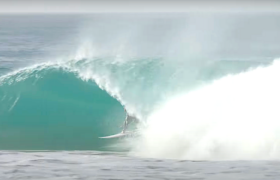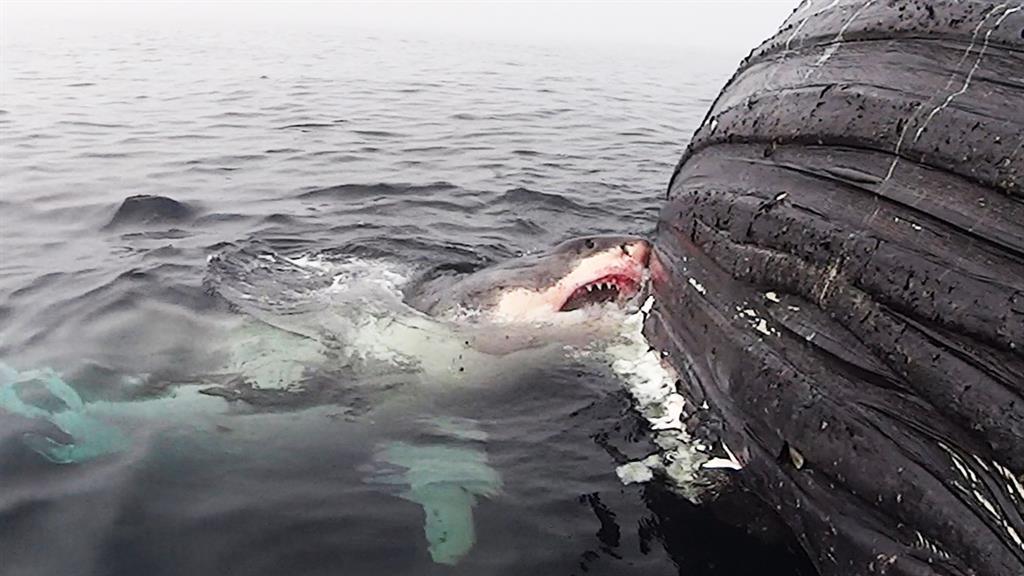"Bite and spit."
The wheels have come completely off the civilized world and it appears our uncivilized friends in the animal kingdom have taken note, deciding to get in on some unhinged fun. Just really lose their minds and go all out crazy. And why not? What’s to stop them? Who?
Order has been damned. Vanquished. Chaos reigns.
And as you are well aware, apex predatory Great White have long feasted on whale carcasses floating in their ocean. Ripping into that blubber and mush but very recently, and for the first time in recorded history, scientists above a research vessel cruising South Africa’s vibrant coast witnessed two Great White’s take down a live Humpback Whale or, “Songbird of the Sea”, and let’s not take any more precious time. Let’s hear directly from them in the very entertaining Marine and Freshwater Journal.
Over the next 90 minutes, both white sharks approached the whale and each attacked it while still alive. The first shark positioned its initial attack from the rear of the whale, targeting the left flank behind the pectoral fin. However, although it bit the whale and a large amount of blood was released, it immediately let it go and swam away without removing any much blubber or muscle.
It waited for about 42 minutes to allow the whale to lose blood and slow its swimming patterns before biting beneath the tailstock. But like the bite before, it let go and swam away without removing any meat or blubber. It was then that the second shark (at about 13 ft/4m in length) showed up and took this opportunity to do the same thing, scaring off the smaller shark. After these two back-to-back bites, the whale stayed very still at the surface until the second shark bumped its snout.
The whale tried to dive, dipping its head under the water’s surface and arching its body but unable to move its tail. This new shark took advantage of that and bit the tail stock again, this time sharking its head, but released the whale once blood spurted out. That last bite sealed the fate of the whale, and it sank three minutes after that final bite.
Do you weep for the beautiful Humpback, extremely endangered, or cheer the Great White and his gumption?
More to the point for us surfers, us “Operatics of the Ocean”, it has long been thought that when a Great White hits one of our kind it takes a taste then realizes its mistake and refuses to finish the meal. The whale business above, though, proved the “bite and spit” tactic first hypothesized in 1958 by the wonderful ichthyologist John McCosker who declared that the prehistoric beasts prefer to bite then hang around until its prey bleeds out before returning to the feast.
Does it make you happy to know we are, likely, as delicious as whale?







